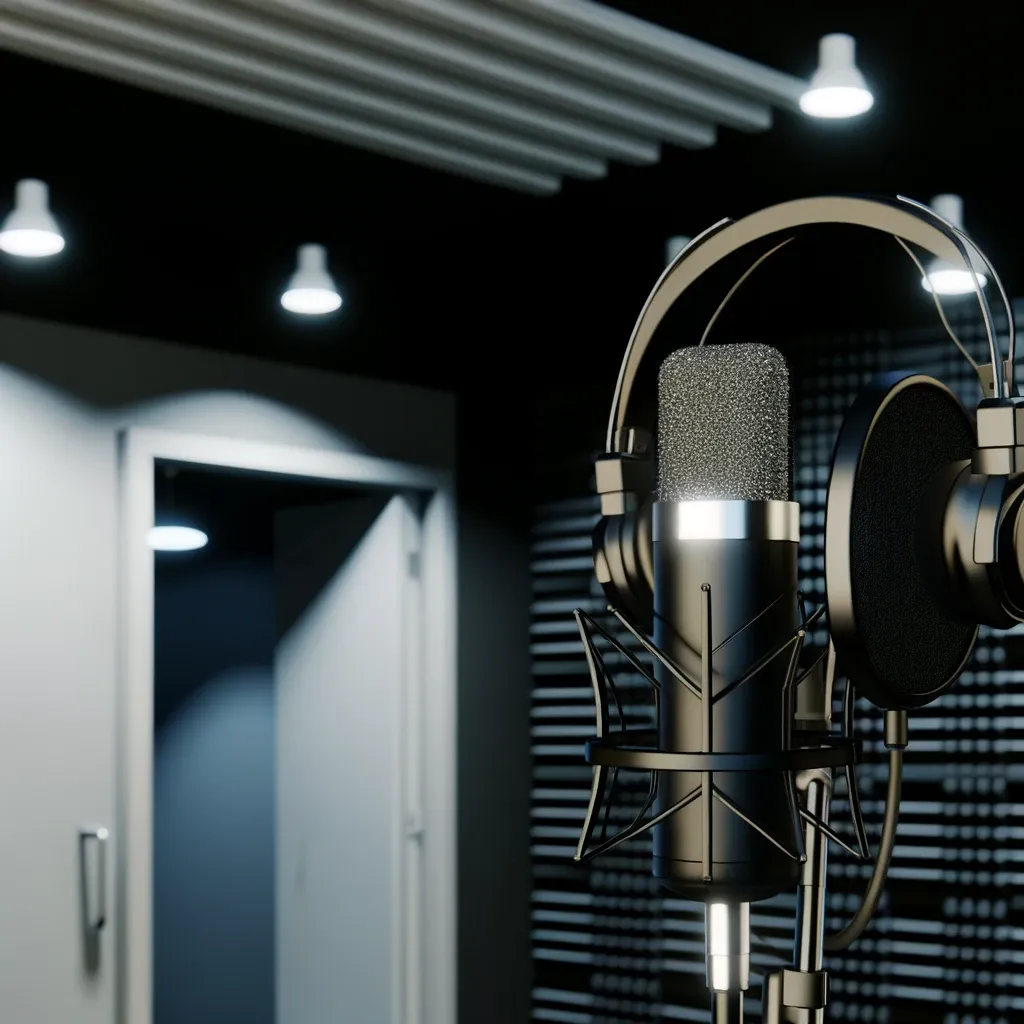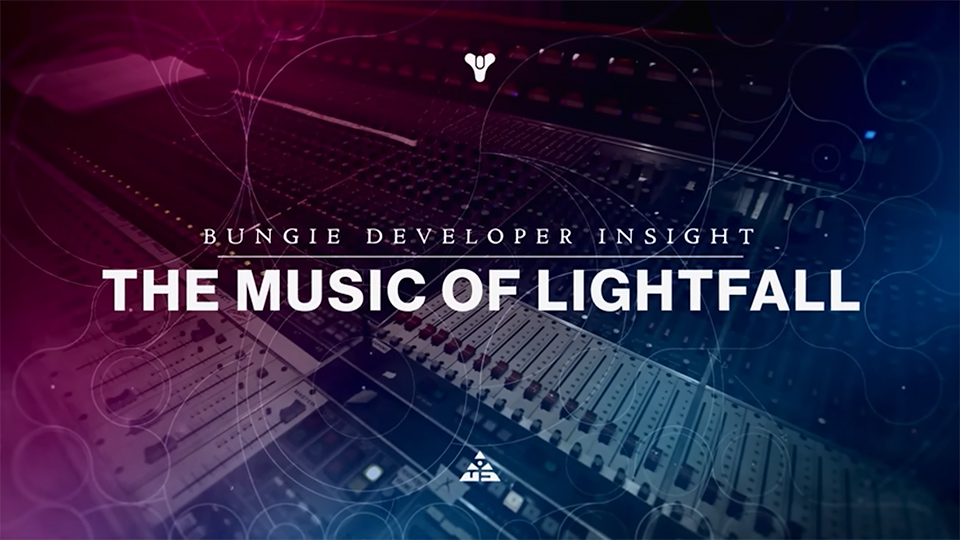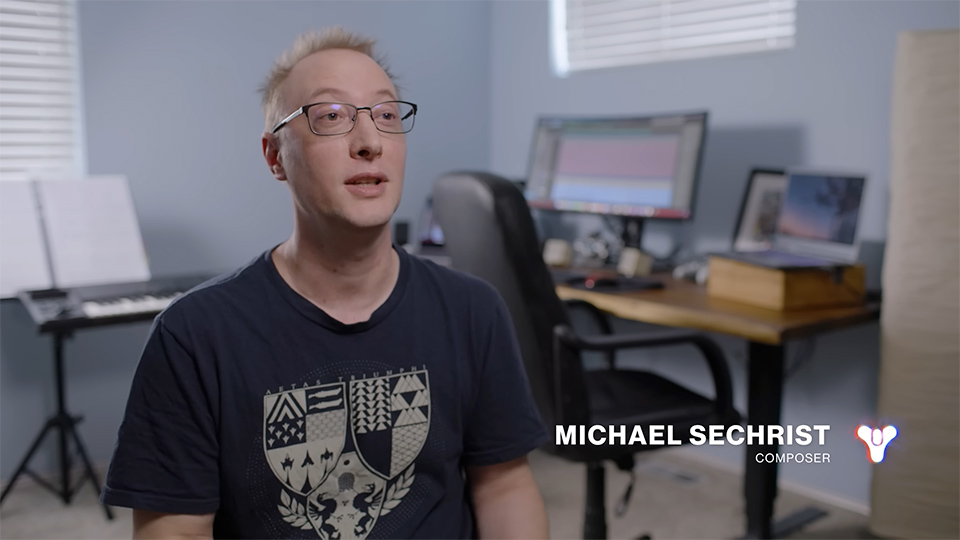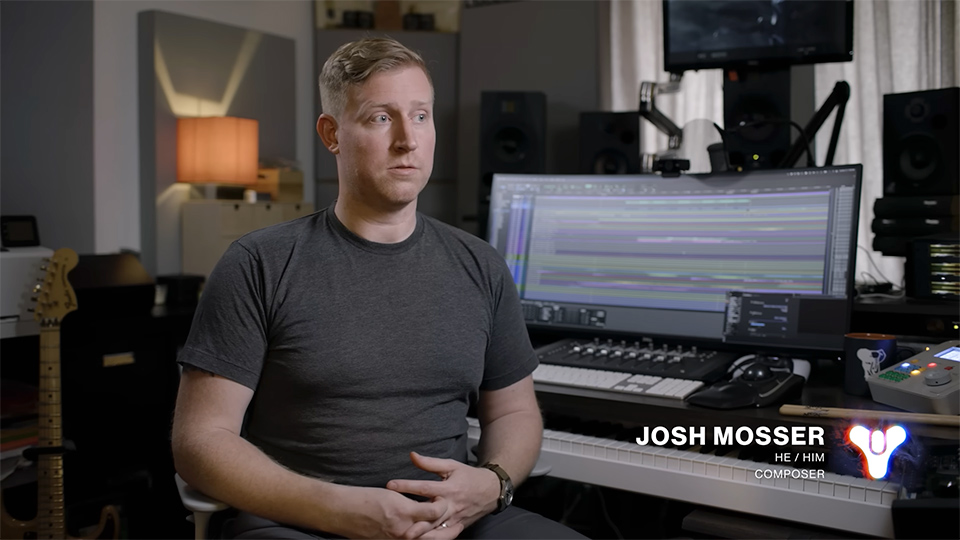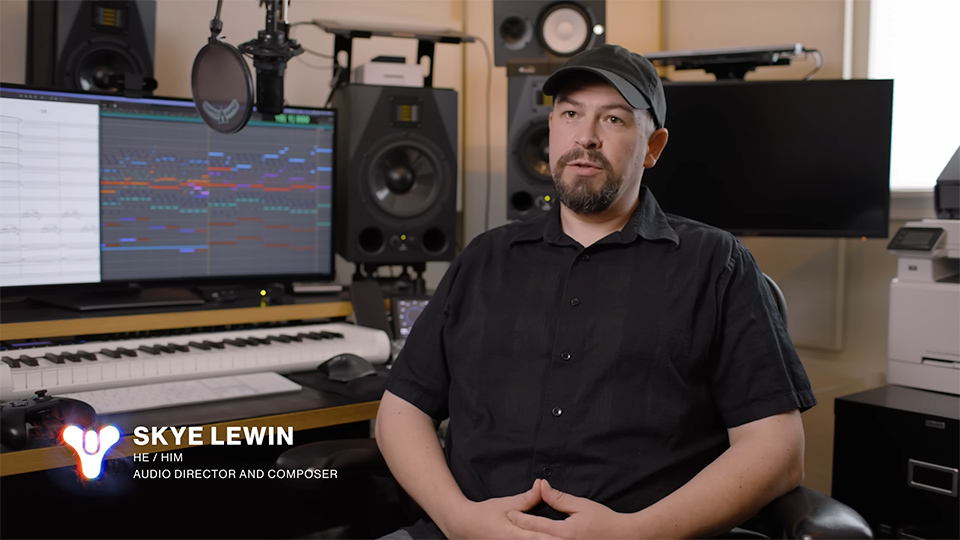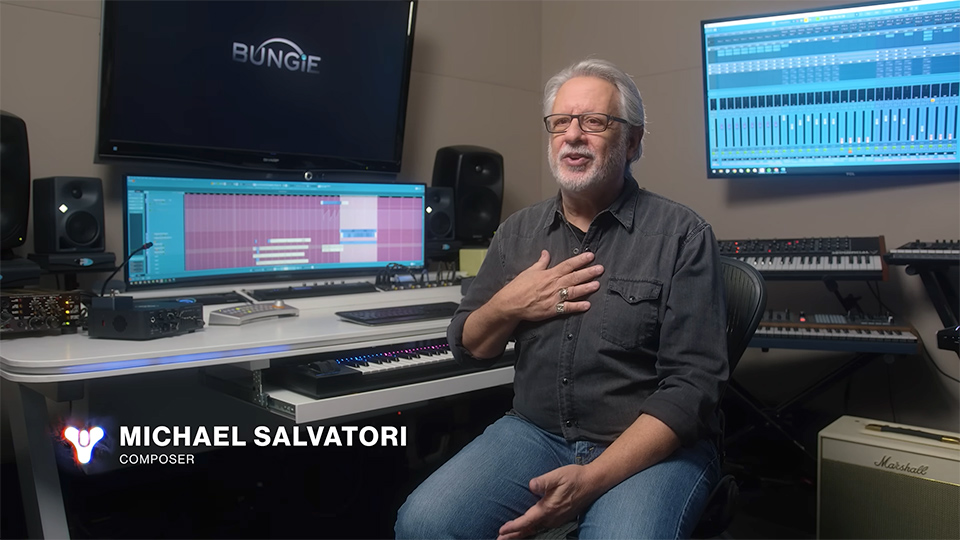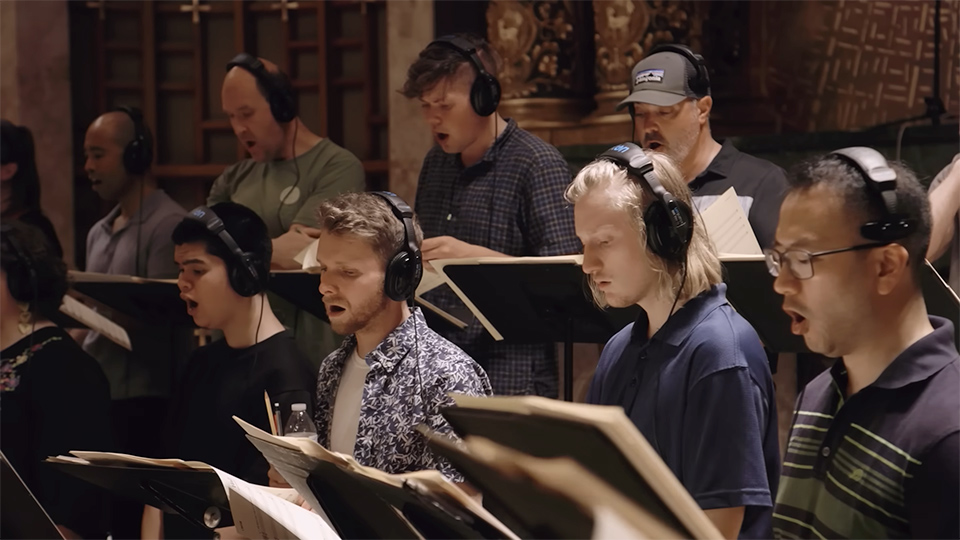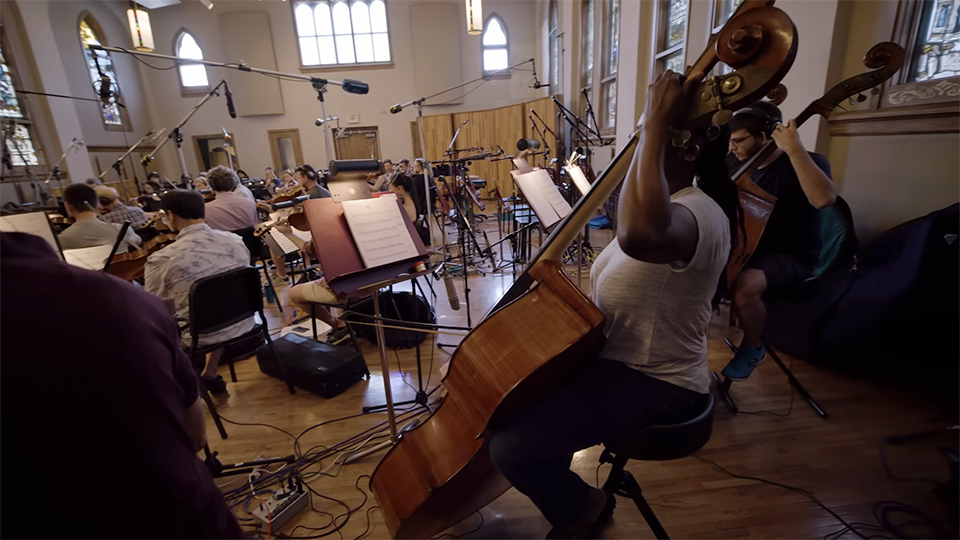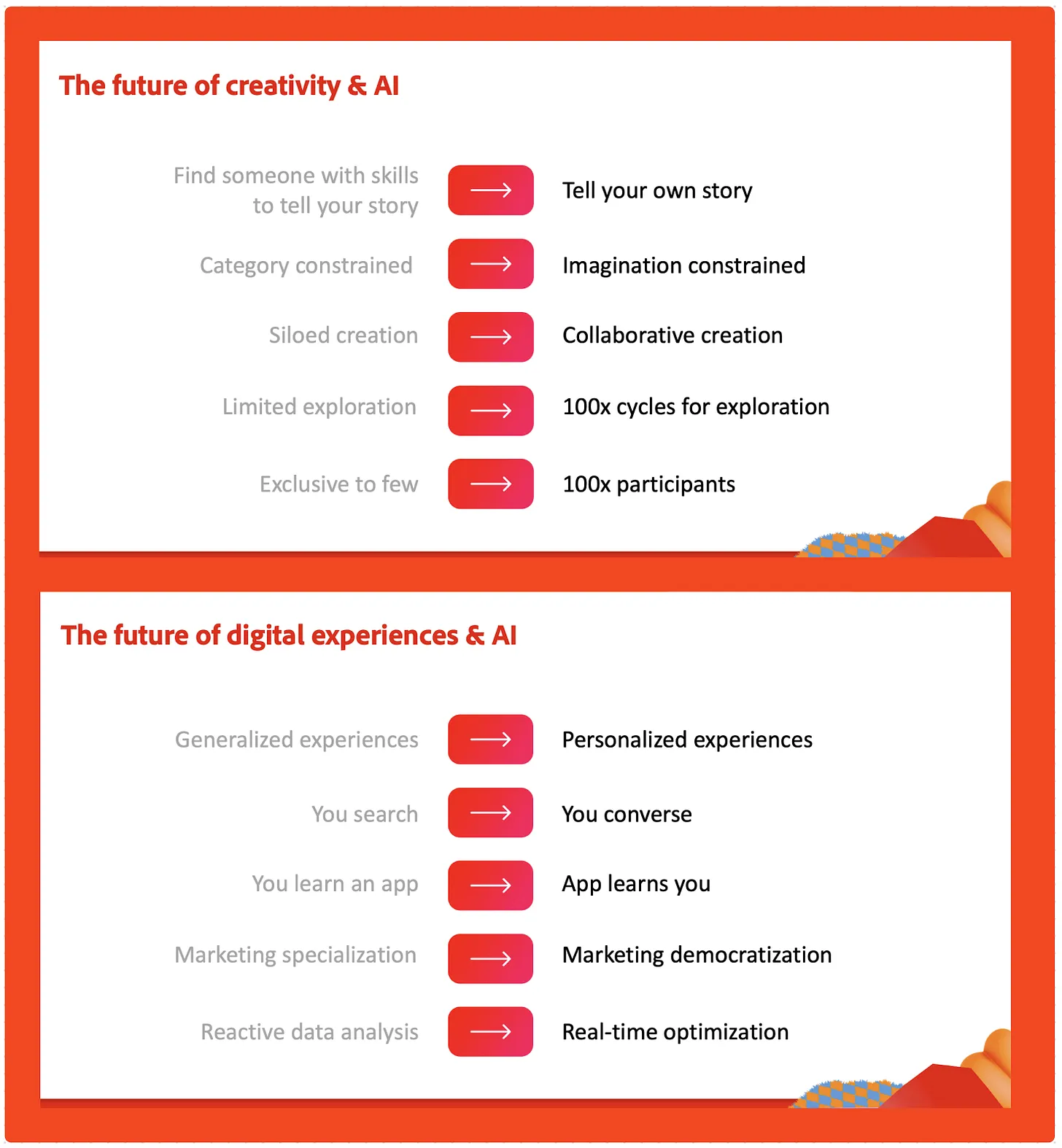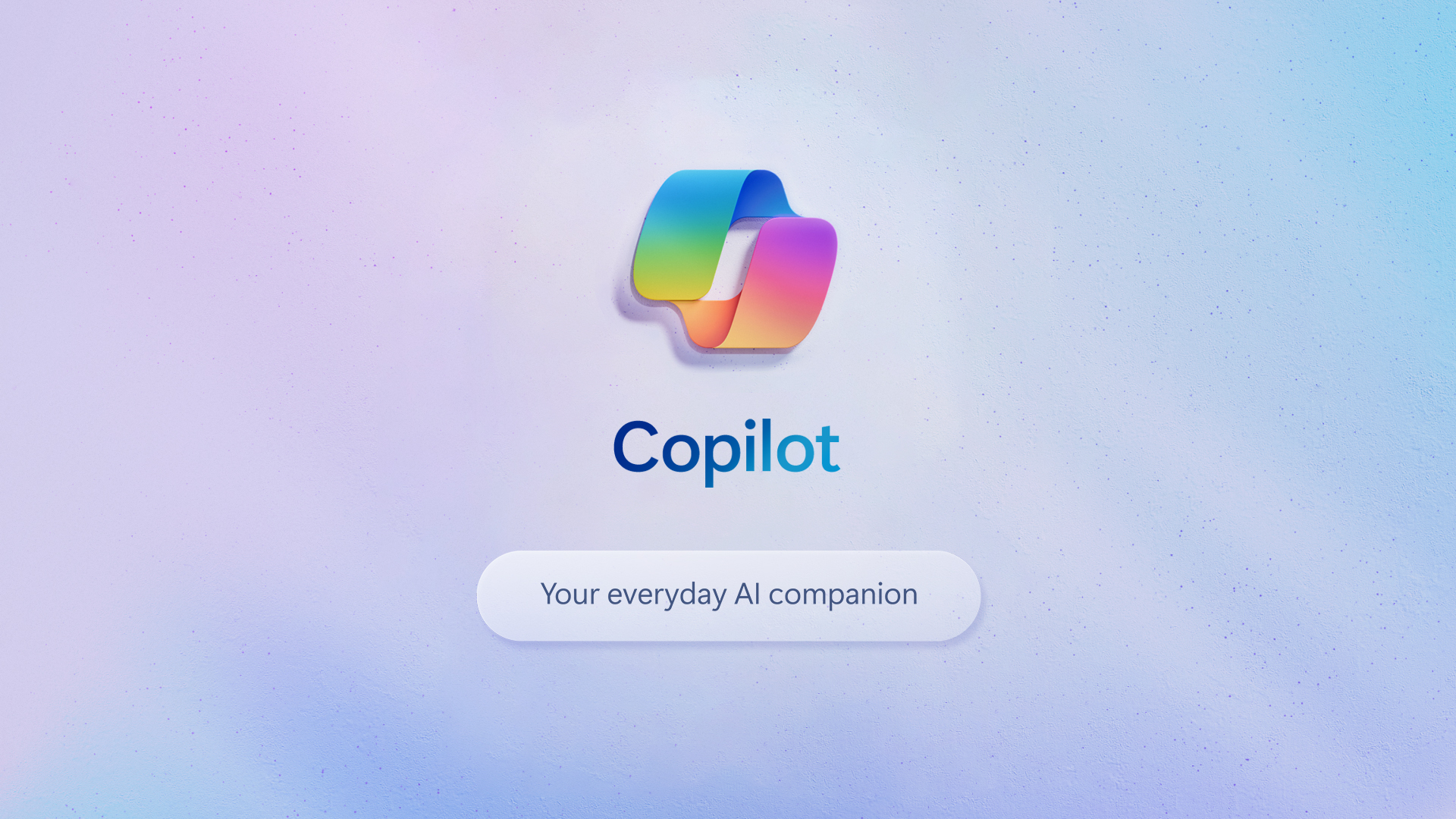How Much Do Voice Actors Make? — from elevenlabs.io
Learn how much voice actors can expect to make and how to create passive income streams with ElevenLabs.
If you’re considering a career in the voice acting industry, you may be wondering how much do voice actors make?
A voice actor’s salary is based on many factors, from talent to type of voice work, and the ability to market yourself. Voice actors can experience massive earning potential, and a voice actor salary can range from tens of thousands of dollars to six figures a year.
In this article, we’ll explore how to make your voice talent work for you, whether you’re an entry-level voice actor or an experienced voice actor, the kind of voice actor’s salary you can expect, and what the highest-paid voice actors earn.
Also from elevenlabs.io see:
How Do Video Game AI Sound Effects Work?
Learn how AI tools are transforming the world of video game sound effect generation.
Have you ever wondered how video games create those immersive and dynamic sound effects that react to your every move? From the satisfying crunch of footsteps on different surfaces to the realistic reverberations of gunshots in various environments, game audio has come a long way.
Now, AI is revolutionizing the way video game audio is produced and experienced. AI algorithms and machine learning techniques are being leveraged to power real-time sound effect generation, creating more realistic, adaptive, and efficient sound effects that respond to player actions and in-game events in real-time. For example, ElevenLabs’ upcoming AI Sound Effects feature will allow video game developers to describe a sound and then generate it with AI.
What Are the Best AI Video Game Tools?
Looking to enhance your video generation process with AI tools? You’ve come to the right place. Learn all about the top tools and their specific use cases.
From generating realistic assets and environments to crafting compelling narratives and lifelike characters, AI is revolutionizing the way video games are designed and developed.
In this article, we will explore the different types of AI video game tools available and highlight some of the best tools in each category. We’ll delve into the key features and benefits of these tools, helping you understand how they can streamline your game development process and enhance the overall quality of your game.
Whether you’re an indie developer or part of a large studio, understanding the AI landscape and selecting the right tools for your project is crucial. We’ll provide insights into what to look for when choosing an AI video game tool, ensuring that you make an informed decision that aligns with your project’s requirements and budget.
Tools and Apps to Bring Augmented Reality into Your Classroom — from techlearning.com by Steve Baule and Dillon Martinez
These digital tools and platforms can support the use of augmented reality in the classroom, making a more dynamic and engaging learning experience
AR allows virtual 3D models, animations, and contextual information to be overlaid on the real world through mobile devices or AR headsets. The Franklin Institute provides a good overview of what constitutes AR, as does UK’s Talk Business and Tech & Learning. This immersive technology provides unique opportunities for interactive, experiential learning across numerous subjects.
For example, in a science class, students could use an AR app to visualize the 3D structure of a molecule they are studying and interact with it by rotating, resizing, or even building it atom-by-atom. For history lessons, AR can transport students to ancient archaeological sites projected on their desks, where they can explore 3D reconstructions of ruins and artifacts. Google’s Expeditions tool can allow students to take a virtual walkthrough South Africa and learn about its geography or visit the Seven New Wonders of the World.
London's Frameless is the ultimate immersive art experience. With 42 masterpieces in 4 different galleries, it's the largest permanent multi-sensory experience in the UK.pic.twitter.com/13OPRCLH2E
— Massimo (@Rainmaker1973) March 27, 2024









